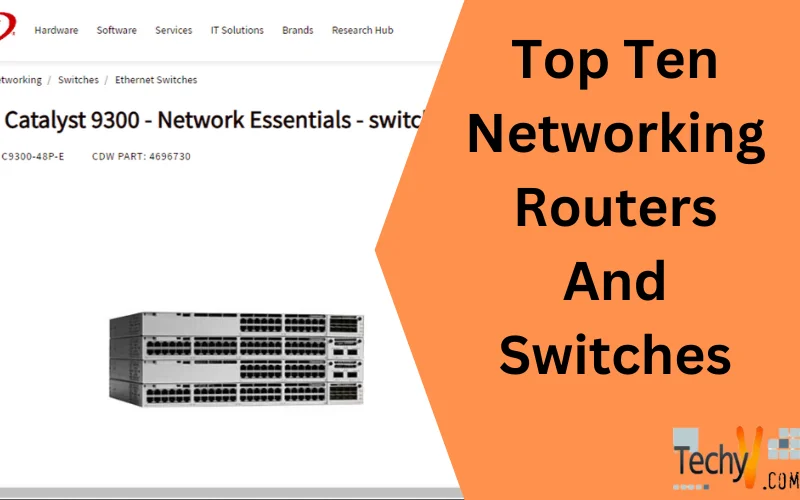Networking devices help connect computers together and to the internet. There are two main types, routers and switches. Routers send information between different networks and the internet. Switches send information within one network. Both are important for homes and offices. Connecting devices together to share information is essential in today’s digital world. Routers and switches play a key role in networking by enabling communication between computers, servers, and other hardware. As a networking expert, I’m often asked to recommend reliable and high-performing network devices. Based on my experience deploying solutions for businesses and organizations,
1. Cisco Catalyst 9300
Cisco makes very good networking devices. One of their best switches is the Cisco Catalyst 9300. It is big and can support a lot of ports. Up to 100 gigabits per second is very fast. It has good security and is easy to set up and manage. Large companies that need fast networks like this one.
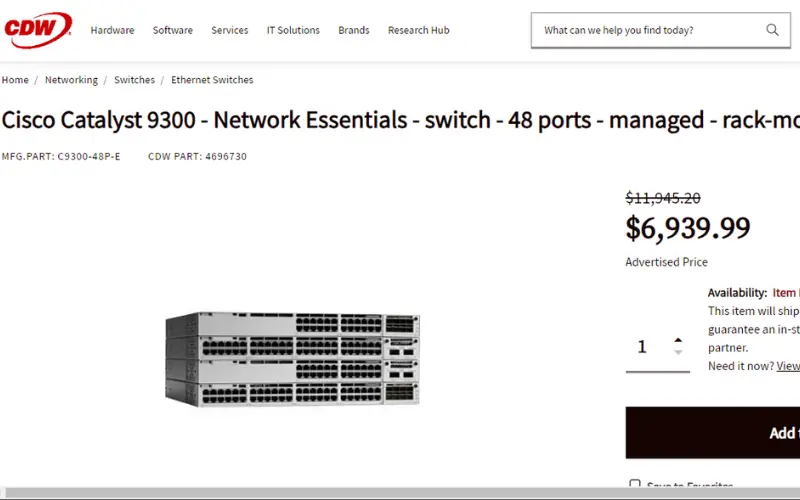
2. Cisco Catalyst 3850
Another good Cisco switch is the Catalyst 3850. It can go up to 100 gigabits per second too. It stacks well so you can connect many switches together. It has security and tools to see how the network is used. Both traditional networks and new Wi-Fi 6 works on it. Medium and large businesses like this switch.
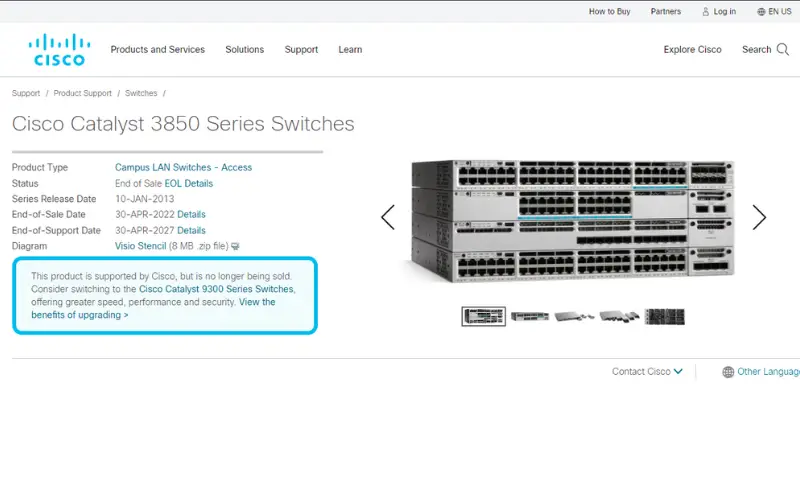
3. Cisco Catalyst 9200
For smaller businesses, the Cisco Catalyst 9200 is a good choice. It also goes up to 100 gigabits per second. It has security and management tools too but costs less. You can connect many switches together in a stack. It can do wired networking and Wi-Fi together. This makes it good for combining different types of networks.
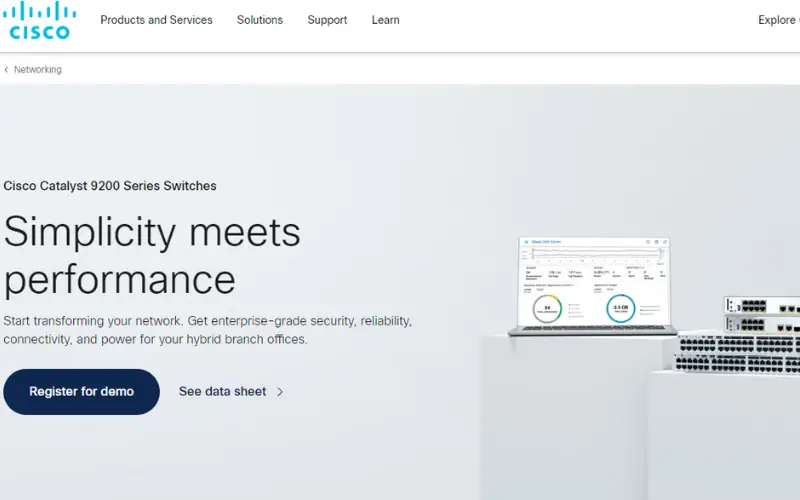
4. Aruba CX 6300
Aruba makes reliable networking devices too. For large networks, the Aruba CX 6300 is very powerful. It has speeds up to 100 gigabits per second and can handle a lot of traffic. It has good security features and tools to see how the network is used. Aruba’s software makes setup and management easy. Large companies need switches like this for their networks.
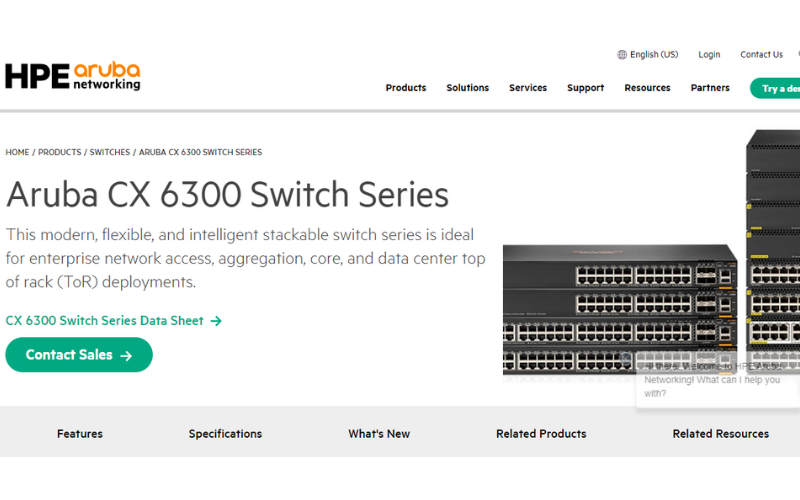
5. Aruba CX 6200
The Aruba CX 6200 is good for medium and large networks too. It has speeds up to 100 gigabits per second and can stack switches together. It has security features and tools to monitor the network. Aruba’s software also makes setup and management simple. This switch grows with a business and their networking needs.
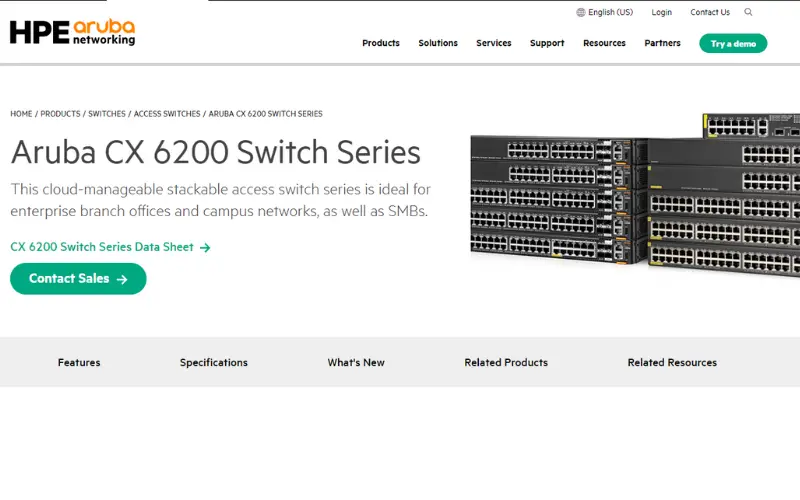
6. Aruba CX 6100
Smaller businesses will like the Aruba CX 6100. It has speeds up to 100 gigabits per second but costs less than bigger switches. It still has security features and tools to monitor the network. Aruba’s software still makes setup and management easy. This switch is affordable and can grow with a small business network.
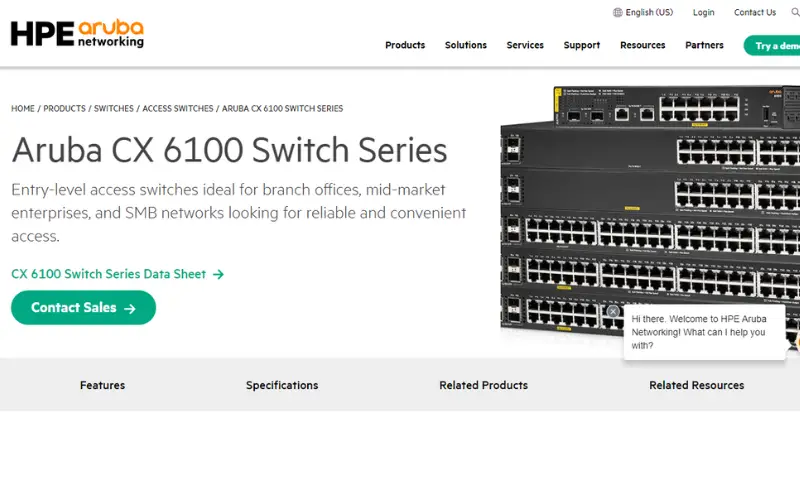
7. MikroTik CRS326
MikroTik makes affordable switches too. The MikroTik CRS326-24G-2S+RM packs a lot into a small space. It has speeds up to 100 gigabits per second. It can do routing and wireless networking too. MikroTik’s software lets you customize it. This all-in-one switch is powerful for its low cost.
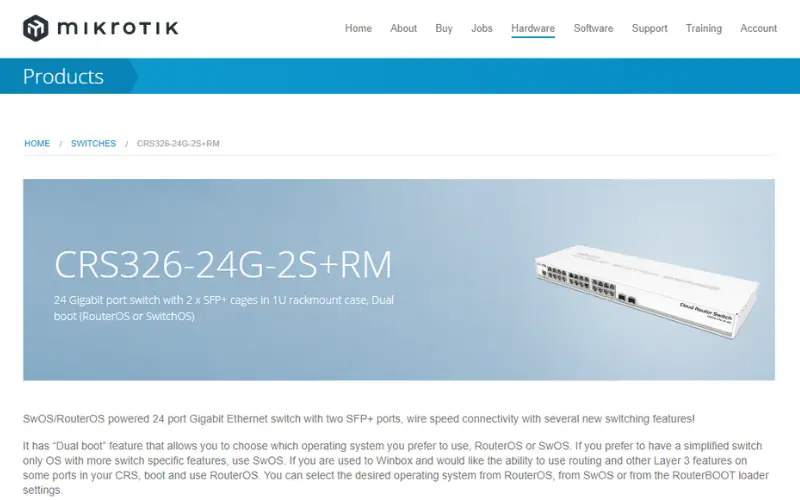
8. MikroTik CSS326
For homes and small offices, the MikroTik CSS326-24G-2S+RM is a good choice. It has speeds up to 10 gigabits per second. MikroTik’s software still lets you customize it a lot. It can do routing and wireless networking too. This switch grows with your needs without costing too much.
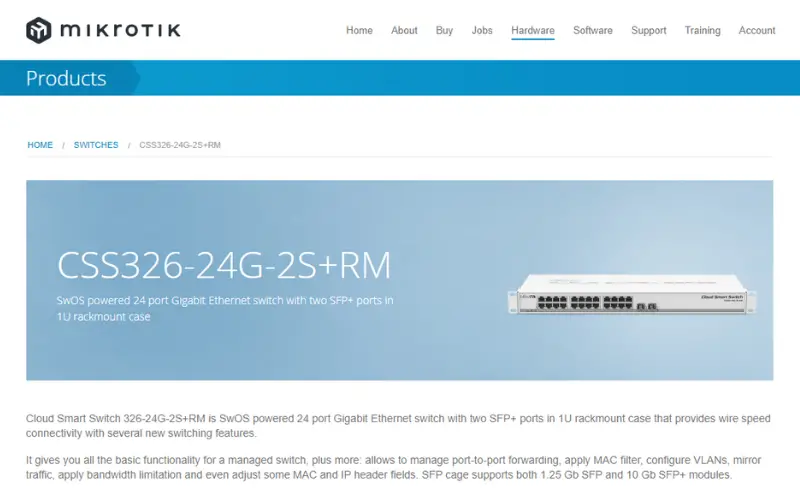
9. TP-Link T1700G-28Tq
TP-Link offers affordable switches too. The TP-Link T1700G-28TQ can connect up to 28 switches together in a stack. It has speeds up to 10 gigabits per second. It has management tools and security features. For its price, it is powerful and manageable. For small home or office networks will like the TP-Link TL-SG108E. It has speeds up to 1 gigabit per second and is very easy to use. No fans mean it is quiet. Its low price makes it good for basic connectivity needs.
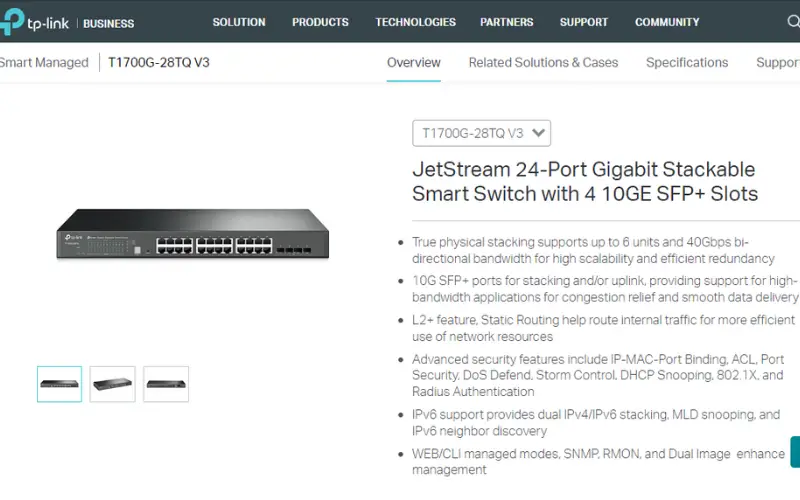
10. NETGEAR GS308E
Finally, the NETGEAR GS308E is a simple unmanaged switch for home use too. It has speeds up to 1 gigabit per second and is plug-and-play easy. No fans keep it quiet. For basic home networks, its low price is very affordable.
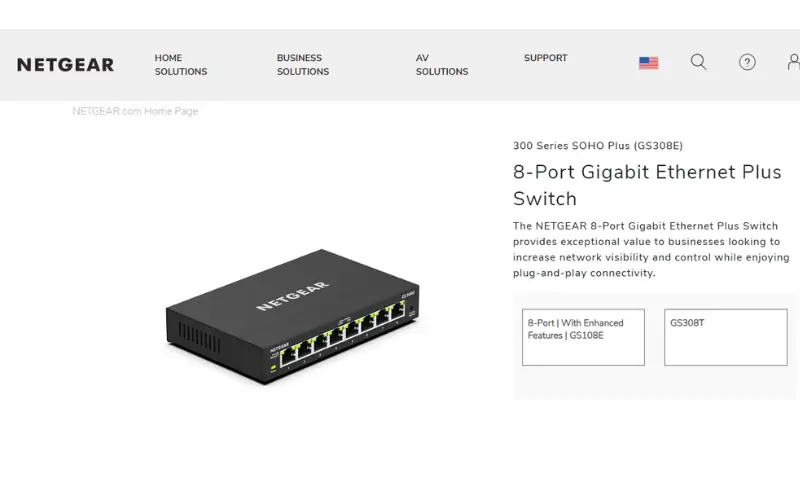
Conclusion
In summary, these switches from Cisco, Aruba, MikroTik, TP-Link and NETGEAR offer reliability and performance for many different sized networks and budgets. Let me know if you need any other help choosing networking equipment.



